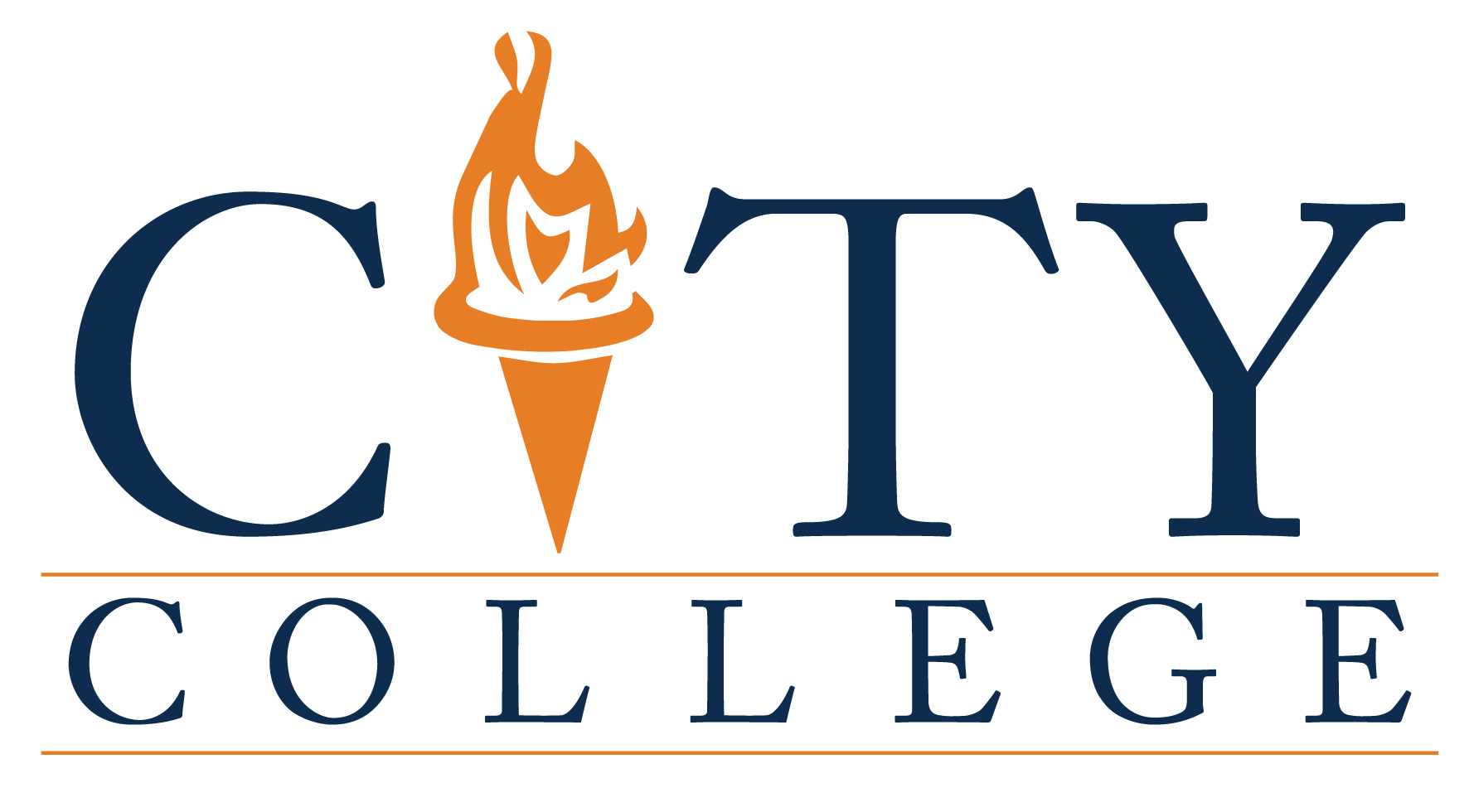
Benefits of a Career as a Medical Assistant
Behind every great Doctor or Nurse, there is typically an amazing Medical Assistant, providing essential support. Because Medical Assistants are trained to assist with both clinical and administrative duties, it’s easy to see why they are an indispensable part of the healthcare industry. So indispensable in fact, the Bureau of Labor Statistics (BLS) projects Medical Assistant job prospects to grow 29 percent through 2026. BLS also describes the healthcare industry as one of the fastest-growing industries in the U.S., making it even more appealing to consider a future in medical assisting.
What are the core duties an Medical Assistant typically performs on a day to day basis? The beauty of working as a Medical Assistant is that there is no such thing as a “typical” day. You’ll be trained to perform routine medical tasks like – drawing blood, giving injections, removing sutures, and administering medication. But you’ll also receive training in CPR and medical emergencies, clinical and lab procedures, and administrative tasks such as – patient scheduling, medical coding, and medical office software. So, if you enjoy variety in your routine, you’ll certainly get it working as a Medical Assistant.
What are the education requirements? Do I need to be certified? A typical Associate of Science Medical Assistant Program takes approximately 18-24 months to complete and prepares students to pass the National Certified Medical Assistant (NCMA) exam. While not a state or federal requirement, many employers require Medical Assistants to be certified, not to mention certification is a definite plus for career advancement.
What are the benefits of a career as an Medical Assistant? You’ve read a few of the more tangible benefits, but there are many other great reasons to consider a future as a Medical Assistant!
- Faster earning potential – Since your training can be completed in a relatively short time, you can quickly start earning income and building your skillset in the real world.
- More predictable schedule – Medical Assistants typically have a more predictable schedule than their doctor and nurse counterparts. This can be especially helpful if you have a family and are trying to achieve the right work-life balance.
- You can take your career anywhere – Being nationally certified makes it easier to find work wherever you may go. This is a huge benefit compared to other healthcare occupations that require state-specific certification.
- Flexibility in work environment – Medical Assistants can work in a variety of settings, from hospitals and outpatient clinics to physician’s offices and other healthcare facilities.
If you’re someone who wants to make a difference in people’s lives while also making a living, you could be a natural fit for a career in medical assisting. With five locations in Florida to choose from, City College is helping students get the training they need to become certified Medical Assistants. The Associate of Science Program covers the core and specialized healthcare elements required to fully prepare you to pass the National Certified Medical Assistant (NCMA) exam. The curriculum also includes hands-on training through a 160-hour externship in real-life medical environments to help you hone your skills and gain valuable experience in the field. Call City College today to learn more or schedule a tour of one of our five campus locations. Let’s get started!


